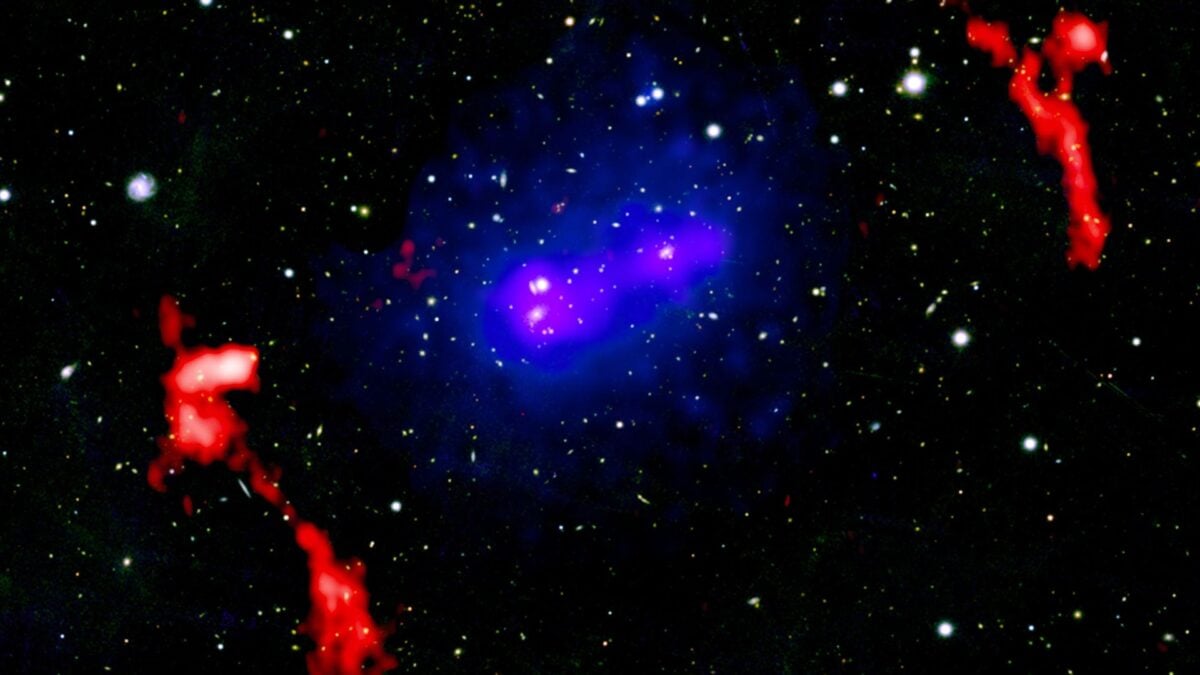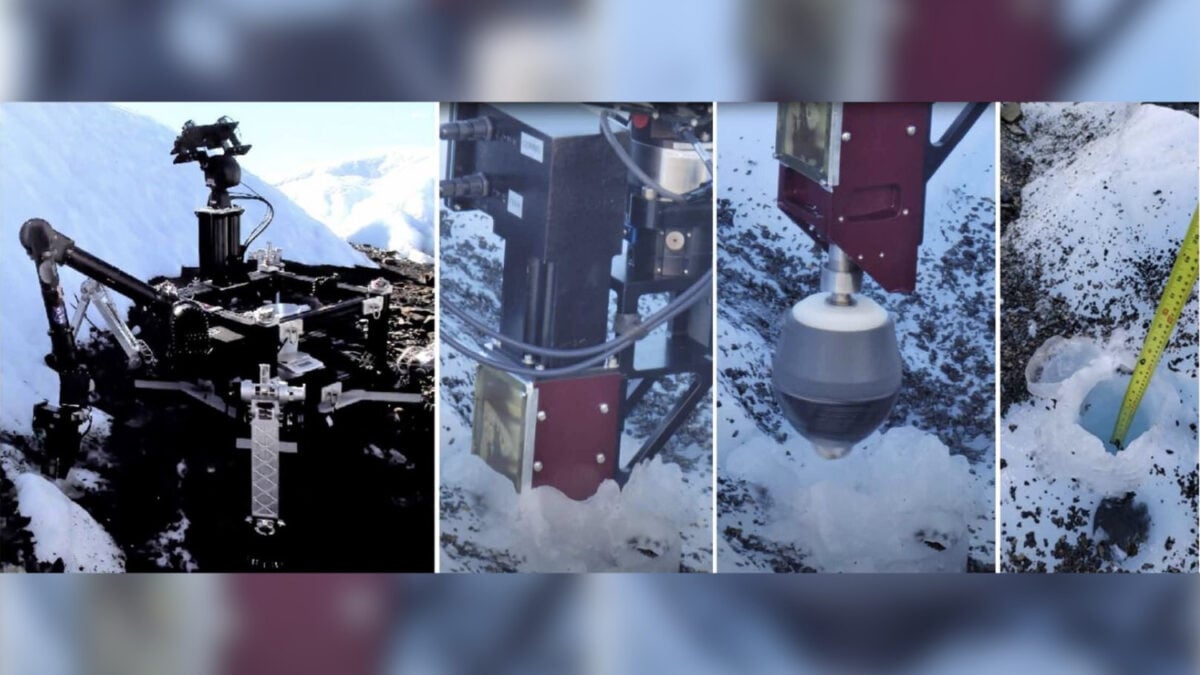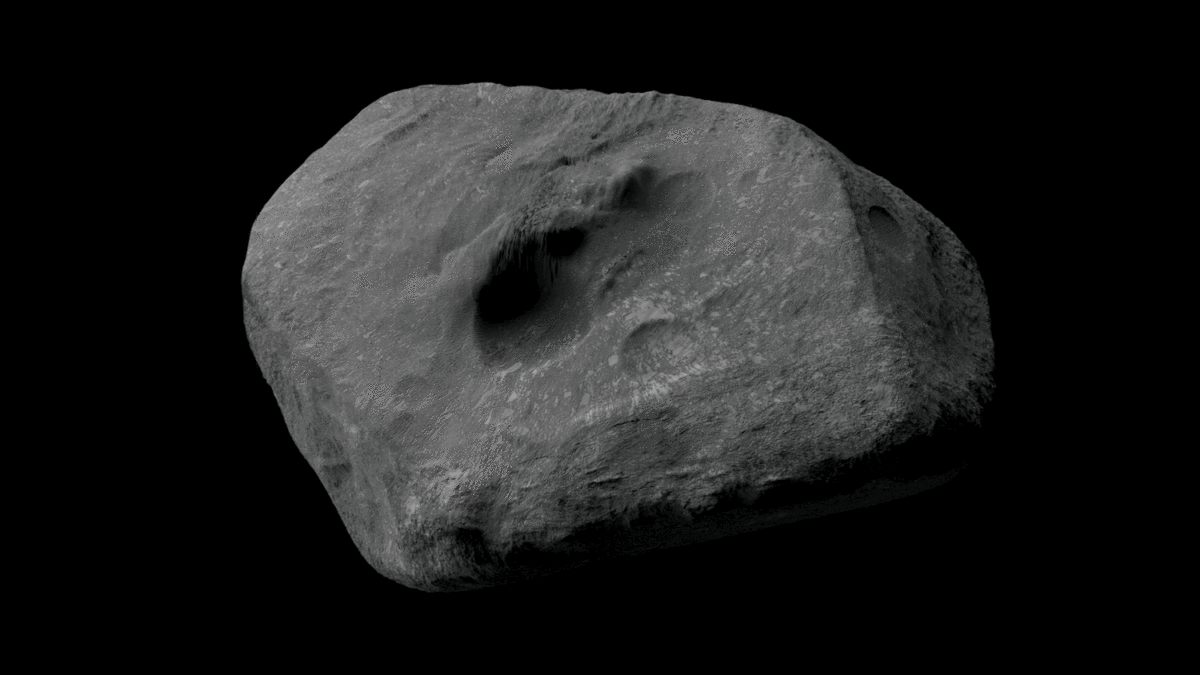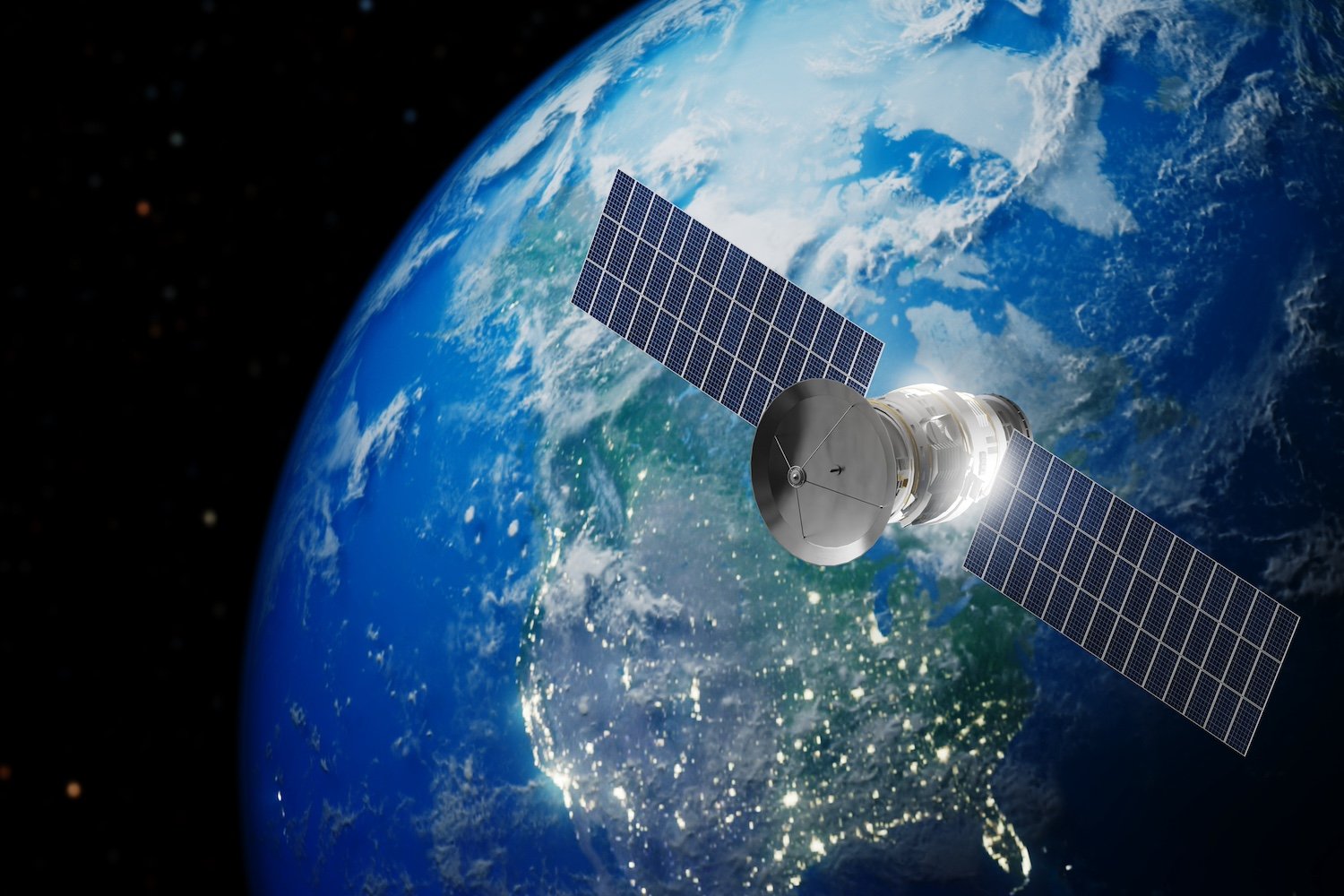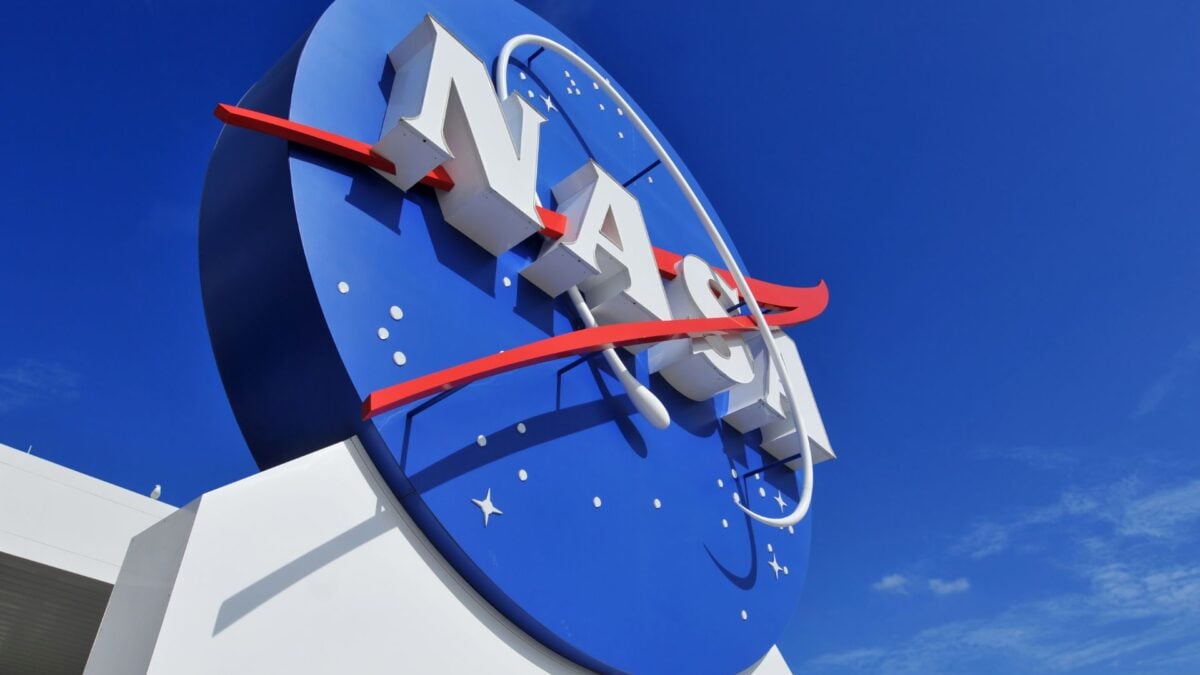Elon Musk’s recent, though quickly rescinded, threat to decommission SpaceX’s Dragon spacecraft sent ripples of concern through the space community. This impulsive statement immediately spotlighted NASA’s dependence on the Dragon and dragged the agency into the turbulent public dispute between the tech billionaire and former President Donald Trump.
NASA’s Critical Dependence on Dragon
NASA’s operations, particularly for the International Space Station (ISS), are critically dependent on SpaceX’s Dragon. The spacecraft is essential for transporting astronauts and vital cargo, a role that became paramount after NASA moved away from relying on Russia’s Soyuz. With Boeing’s Starliner, the primary alternative, facing persistent delays and technical challenges, the loss of Dragon would severely curtail NASA’s access to low Earth orbit and its ability to maintain the ISS.
Political Chess: Musk’s Leverage and Retaliation Fears
Musk’s short-lived threat, serious or not, highlighted his considerable leverage. As a dominant force in the aerospace sector, SpaceX’s withdrawal from government contracts would cripple the U.S. space program, increasingly reliant on commercial partners. This power play drew sharp reactions; Steve Bannon, Trump’s former strategist, urged the then-President to nationalize SpaceX using the Defense Production Act, according to The Wall Street Journal.
While Trump hasn’t acted on Bannon’s call, he has threatened to cut SpaceX’s government contracts, potentially as a retaliatory measure in his feud with Musk.
Artemis Program at Risk
The implications extend beyond the ISS. NASA’s flagship Artemis program, which aims to return humans to the Moon, is also heavily invested in SpaceX. The agency has poured $4 billion into developing SpaceX’s Starship, slated to be the lunar lander for Artemis missions. Terminating this contract would leave the Artemis program without a viable near-term alternative for lunar landings, significantly delaying U.S. ambitions in deep space exploration.
NASA is now precariously caught in the crossfire. Its critical space missions, from ISS operations to lunar ambitions with the Artemis program, are vulnerable to the volatile feud between Musk and Trump. The future of these vital national space endeavors hinges on the de-escalation of this personal and political dispute.




